In a recent chat with The Hollywood Reporter, long-time star Brooke Shields reflected on her upcoming documentary Pretty Baby: Brooke Shields. The film was directed by Lana Wilson, who recently directed the Taylor Swift Netflix documentary Miss Americana. Wilson said, “I’m not interested in famous-person problems. What I am interested in is how fame can amplify and supercharge relatable problems. [Brooke’s] life has been extreme and utterly unique, but her experience of being a woman in America is horrifyingly relatable.” The documentary will premiere on Jan. 20 at Sundance Film Festival before it heads off to Hulu, where it will be released in two parts.
MOVIEWEB VIDEO OF THE DAY
The doc Pretty Baby takes its name from Louis Malle’s 1978 drama which, while critically acclaimed, also received heavy criticism for featuring child prostitution and a nude preteen Shields. The doc’s archival work will cover the then-headlines and male late-night hosts that spoke about a prepubescent Shield’s sexuality. “To me, that felt like a much more intelligent, interesting way to approach a story — a person, a journey — through the lens of the changing climate and where we are today,” said Shields. She later added, “It was quite expanding to me to look at all of it, in its entirety, and be proud of who I am and how I’ve evolved.”
When asked why she felt like now was the right time to do a documentary, Shields said, “I have been approached multiple times, and it didn’t feel like the right entities for whatever the reason, and it also felt too soon, in many ways. On all the other situations, they either felt premature or they felt like they were coming at my story from the wrong direction. [This direction] took it out of the realm of just biopic.”
RELATED: Brooke Shields Reveals the Questionable Things She Was Forced to Do for The Blue Lagoon
Brooke Shields Approached the Documentary in an ‘Extremely Open’ Way
Columbia Pictures
Shields went on to reveal that she hadn’t gone into the project with specific intentions in mind. She said, “I went in extremely open. I am not the director of it, I’m not the producer. I trust the creative and the intellectual aspect of what that team brings to it. I got out of their way. I spent an extraordinary amount of time just talking and sharing the extensive archives that I had unbelievably finished the process of digitizing. My mother saved everything, so the material goes so far back. I’ve been around since quarter-inch, Beta[max], reel to reel. I figured, rather than it all disintegrating, I would go through the expense and the process of digitizing it. So when they came to me with a documentary, [I said] “I happen to have some materials.”
The model continued, “I handed [Lana] the archives and walked away and said, “Your narrative and your point of view is a huge piece of this.” I’m a conduit to a bigger conversation. If I go in and say, “Show that interview!” then it’s all about me and my own ego. At the beginning of the process, I stepped very far away, ego-wise and emotionally. This was not going to be a retrospective of all the [career] highlights. This is actually something bigger. I wanted to hand over the archives and say, “The story will evolve from you watching this and from the narrative that you, as a director, are wanting to tell. It’s not for me to decide.”
The star later noted, “It’s a larger conversation on the sexualization of young women. Myself being at the eye of that storm on many different levels throughout the decades. I’ve been a part of the conversation — or maybe not even a part of the conversation, but part of the focus — and that narrative itself has changed over time, depending on outside influences and the era. I’m now a mother of two young women, and the conversation we have around sexuality is very different today than it was. There was hardly any conversation about it, to me personally, when I was a child.”
You can view the original article HERE.

:quality(85):upscale()/2024/09/19/895/n/1922283/e654c37d66ec89a3911ce6.42966442_.png)
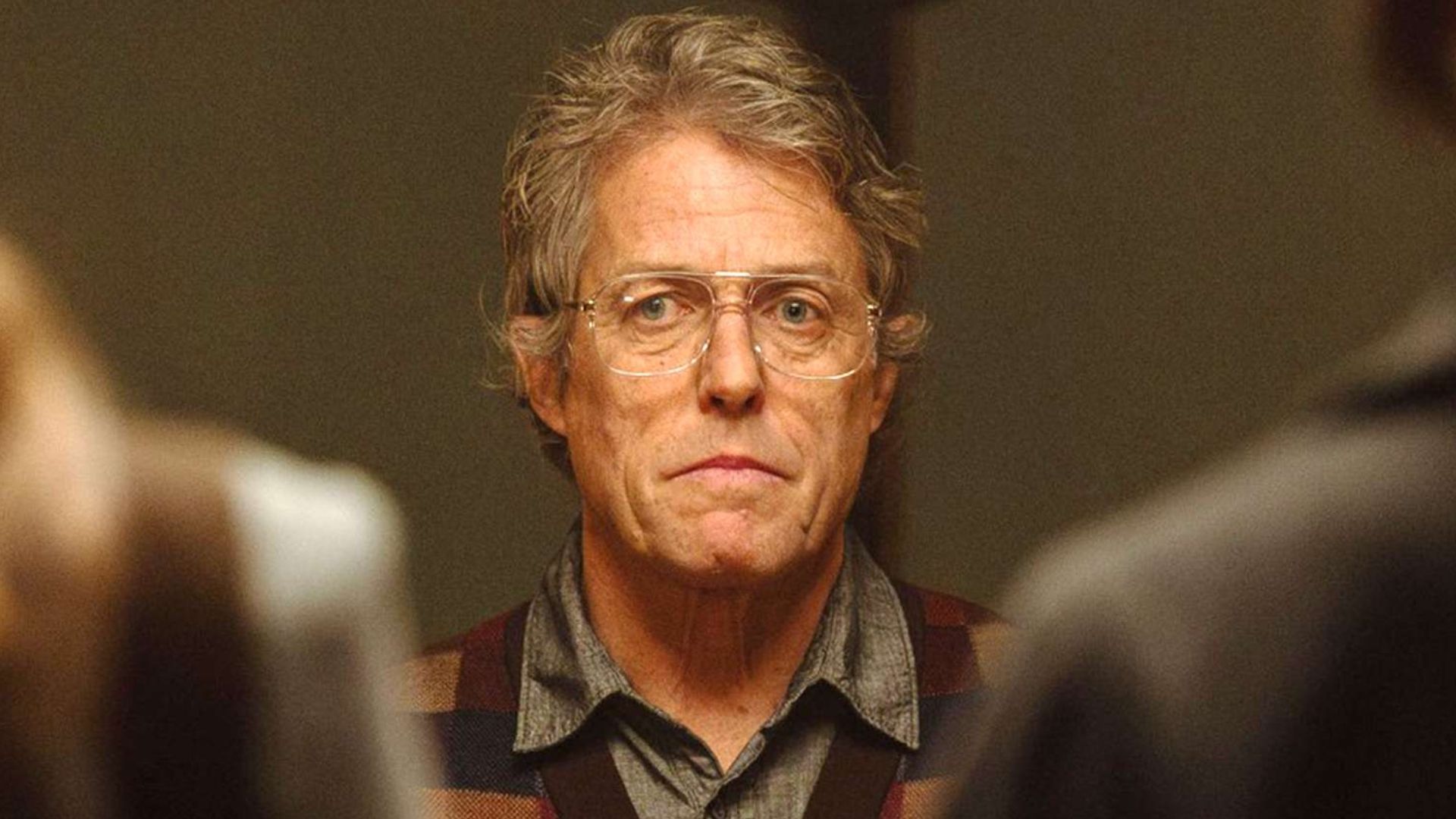
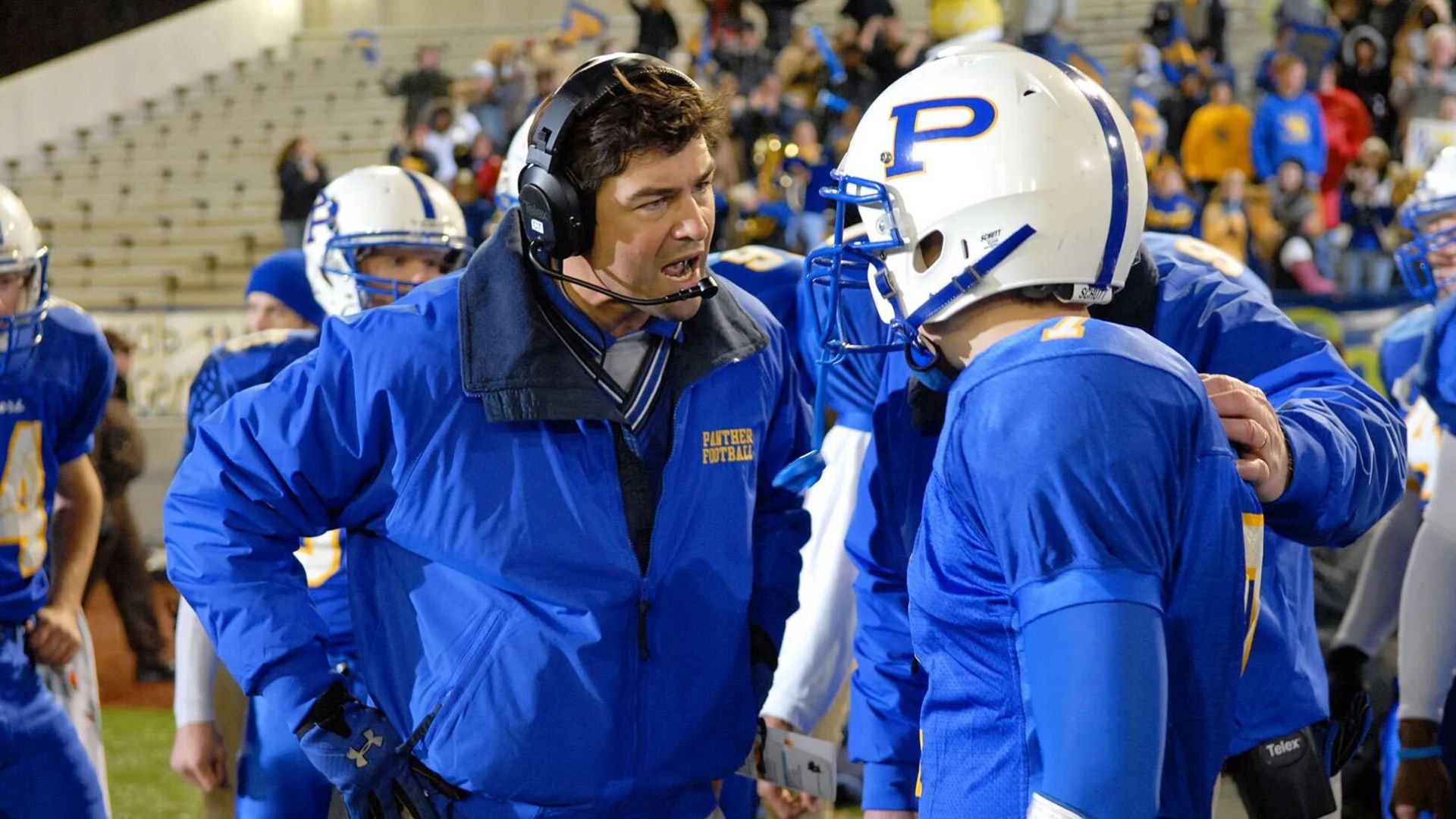

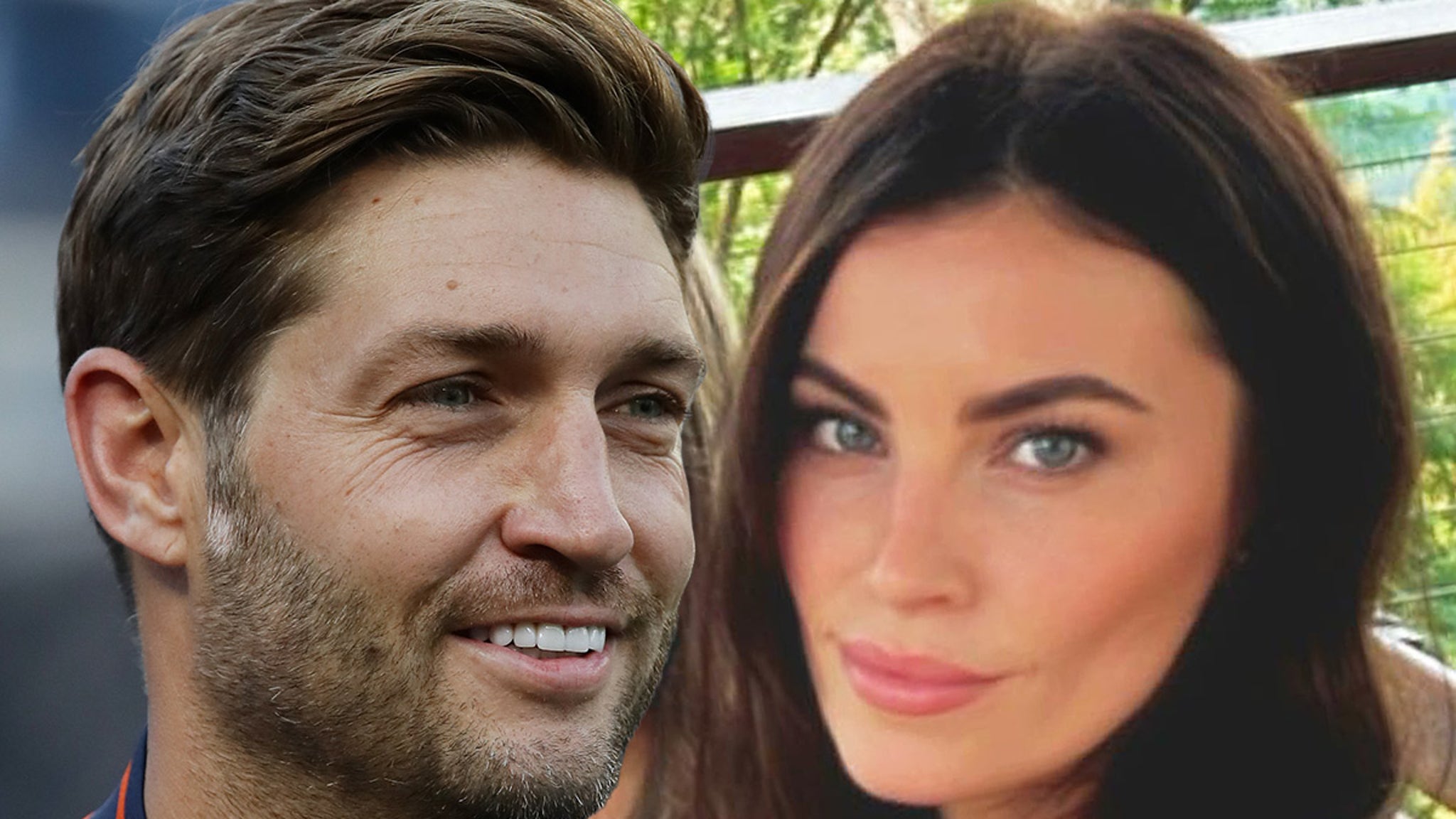
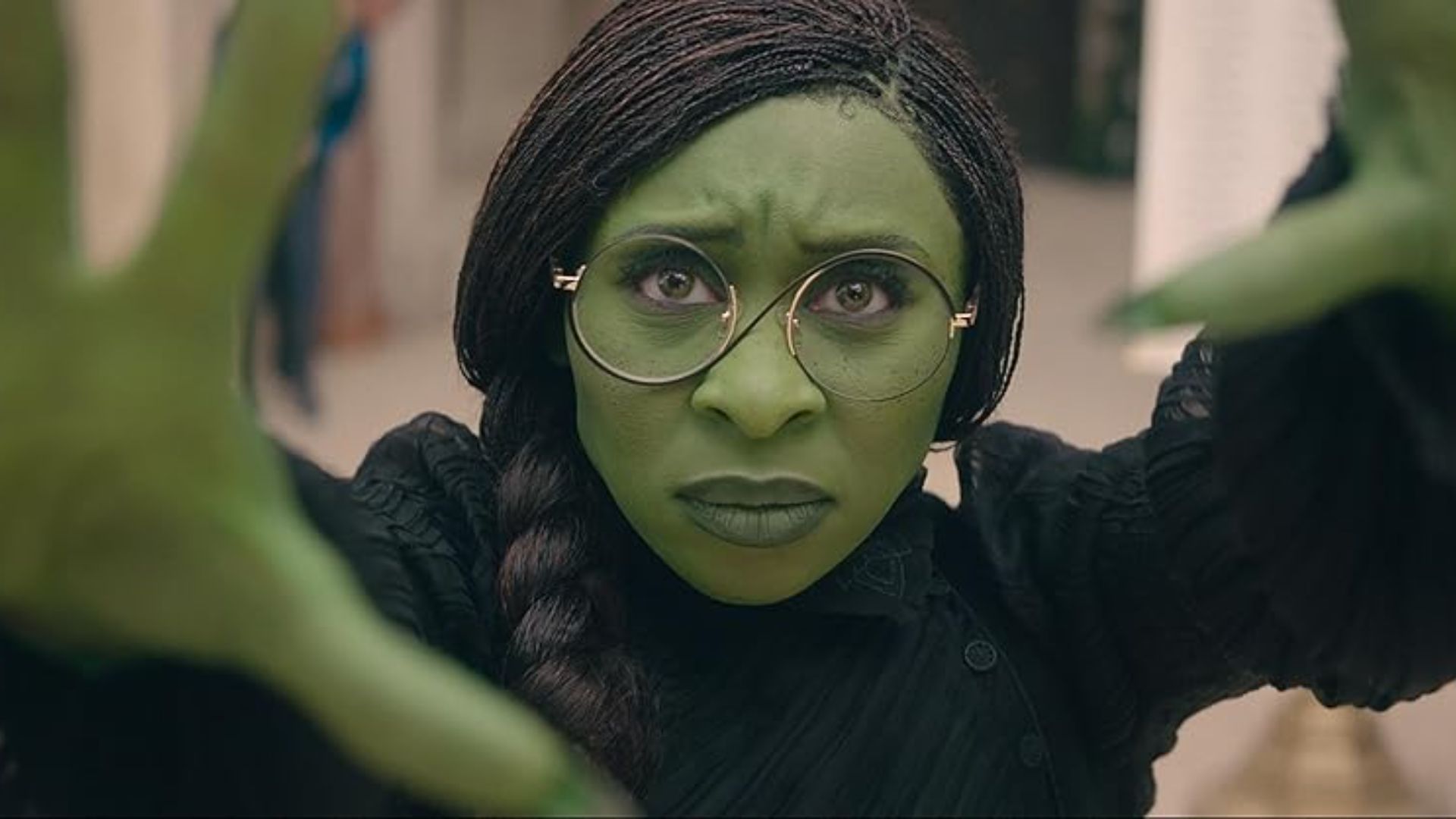
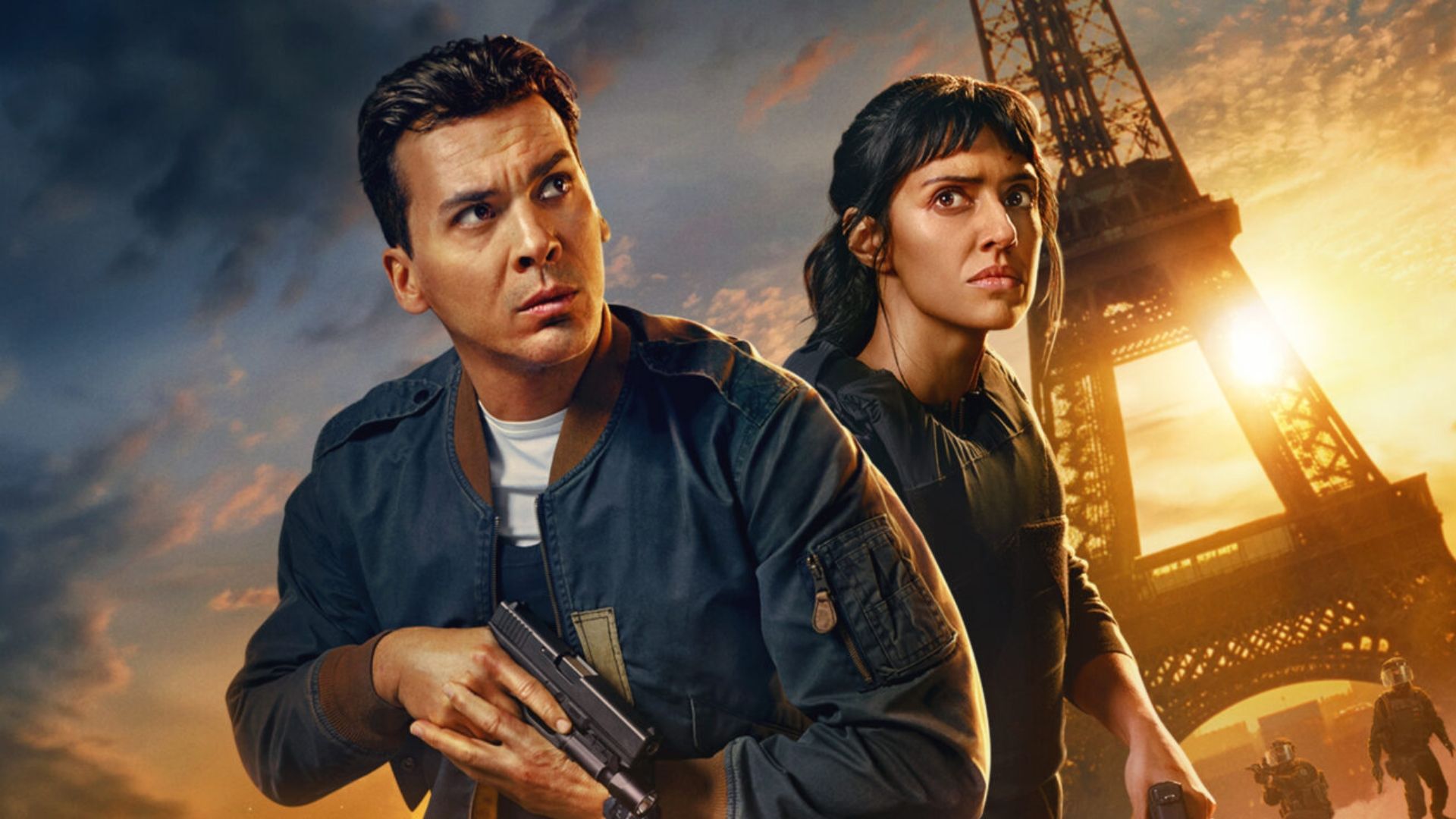

:quality(85):upscale()/2024/10/29/690/n/1922398/e9bec6b46721006258d949.01358236_.jpg)



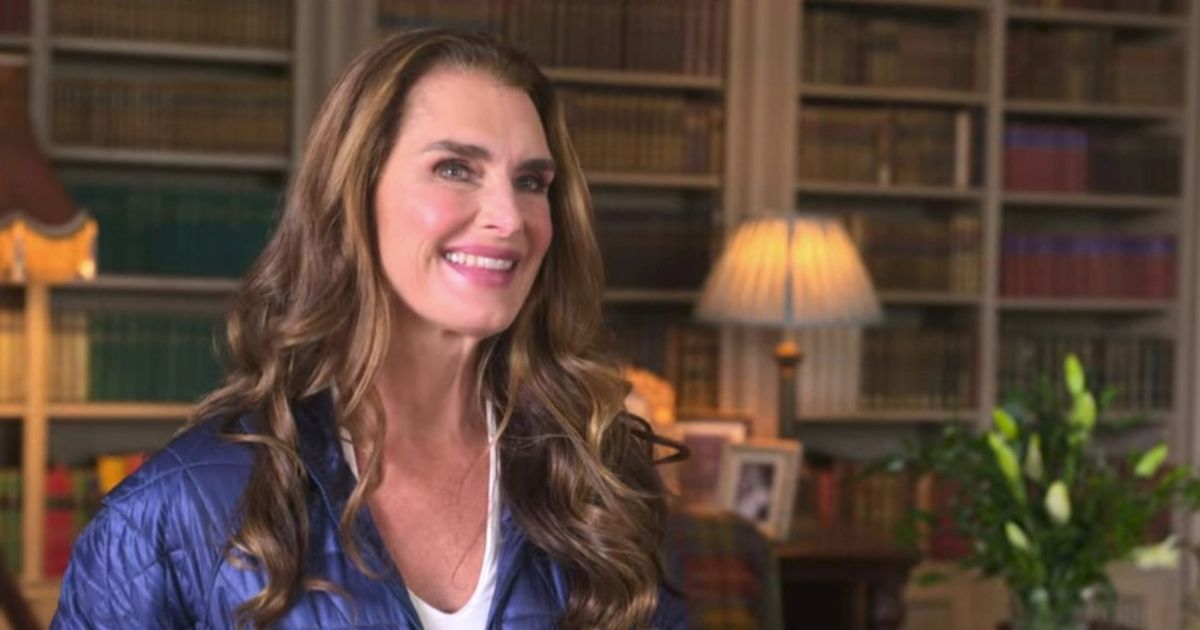

.jpg)
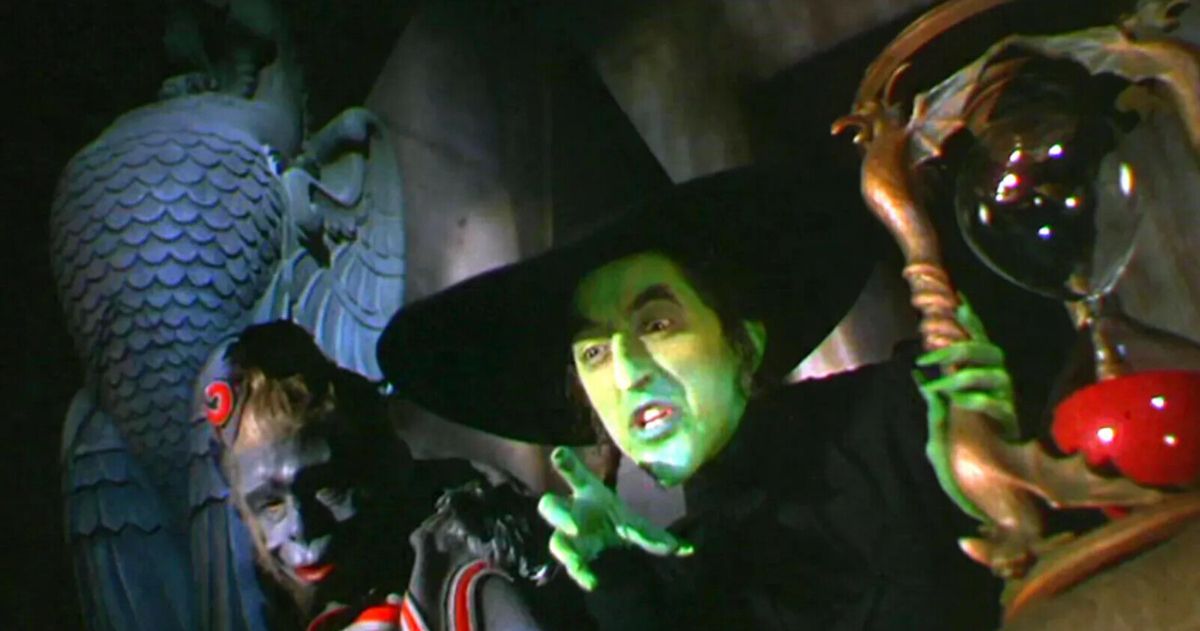

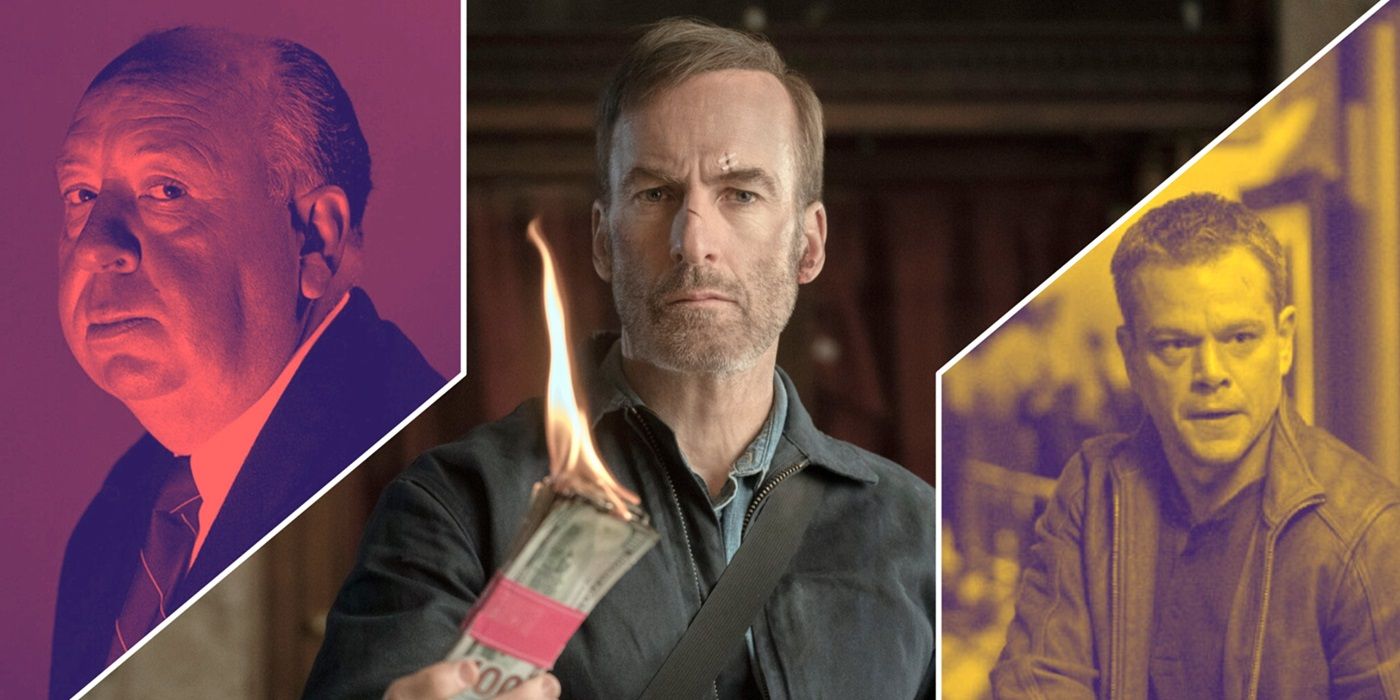
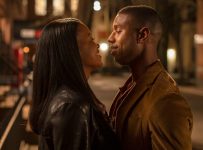
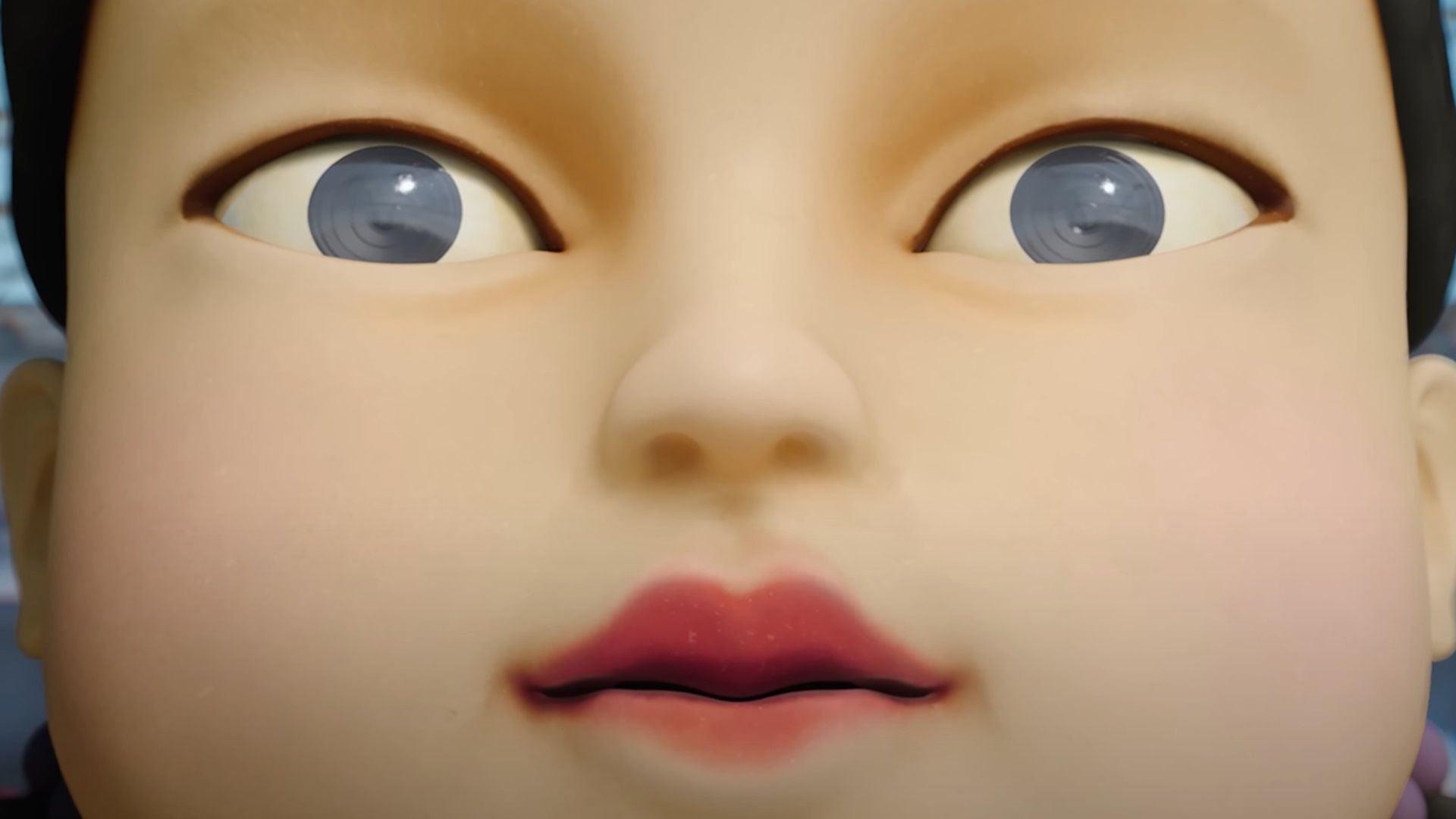

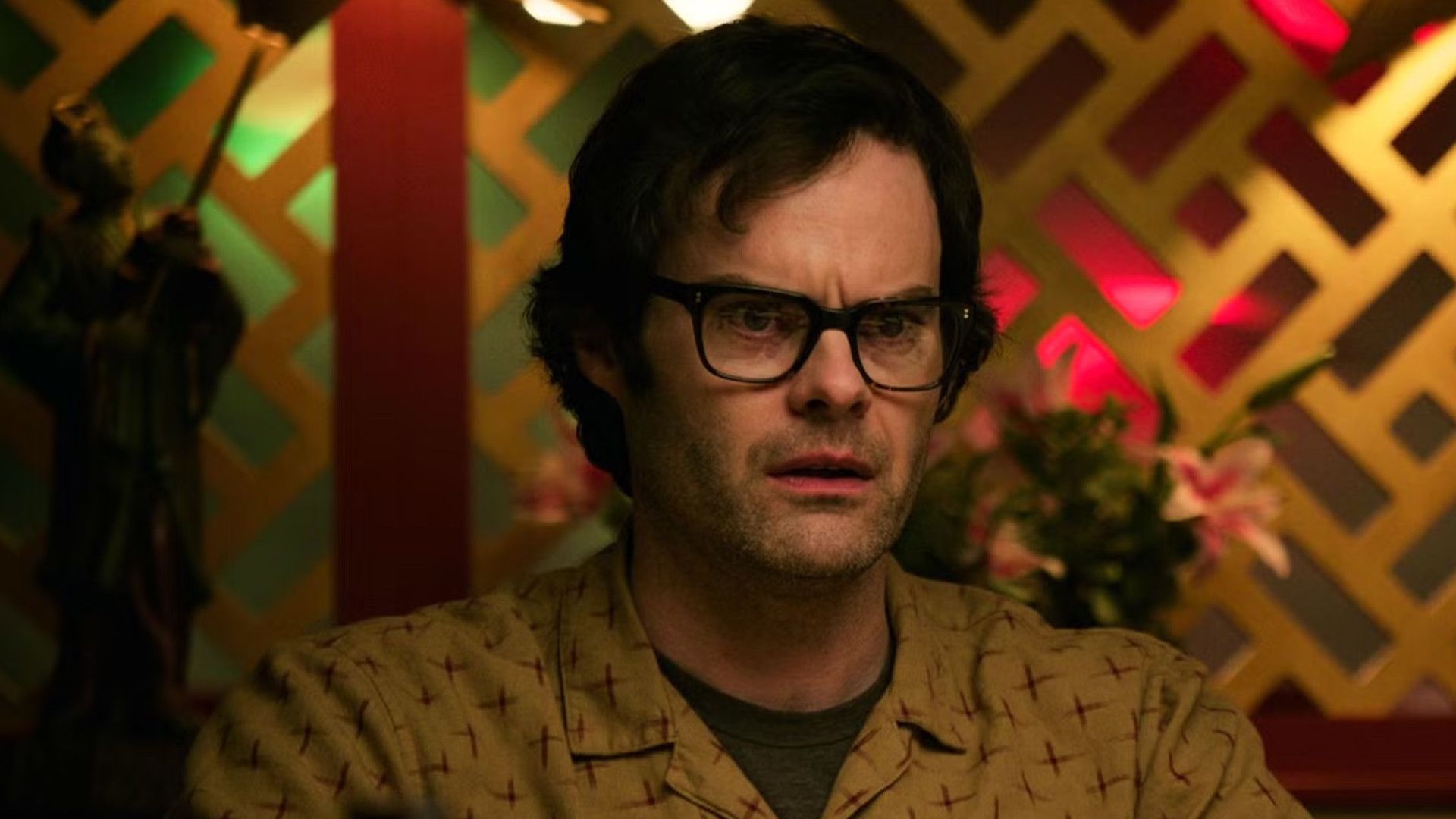
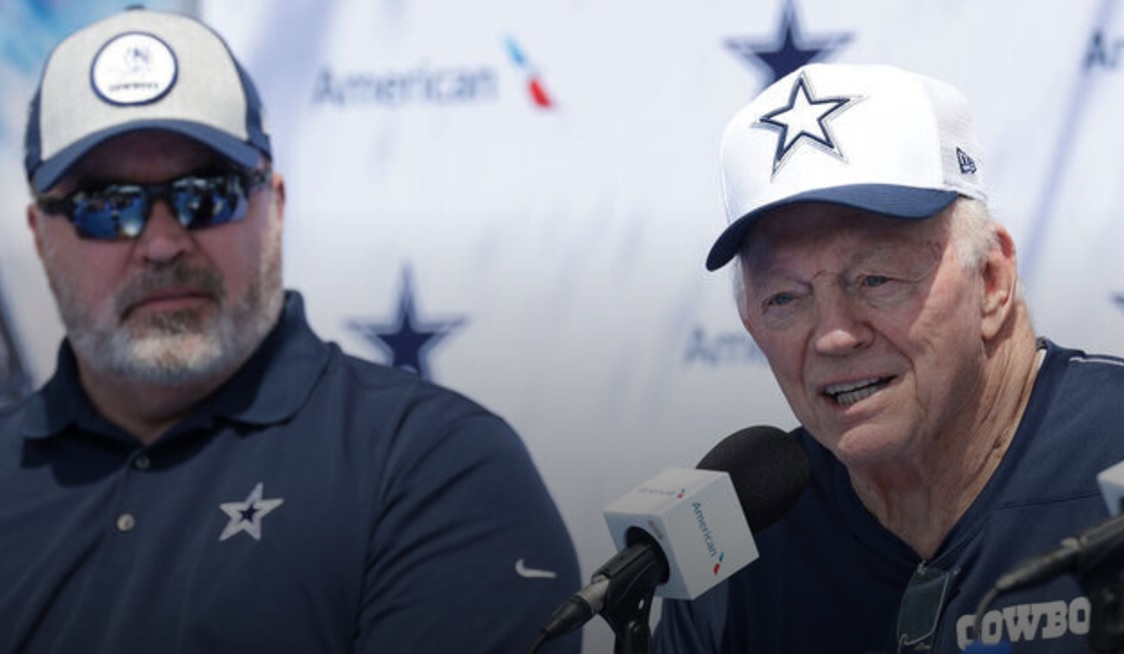
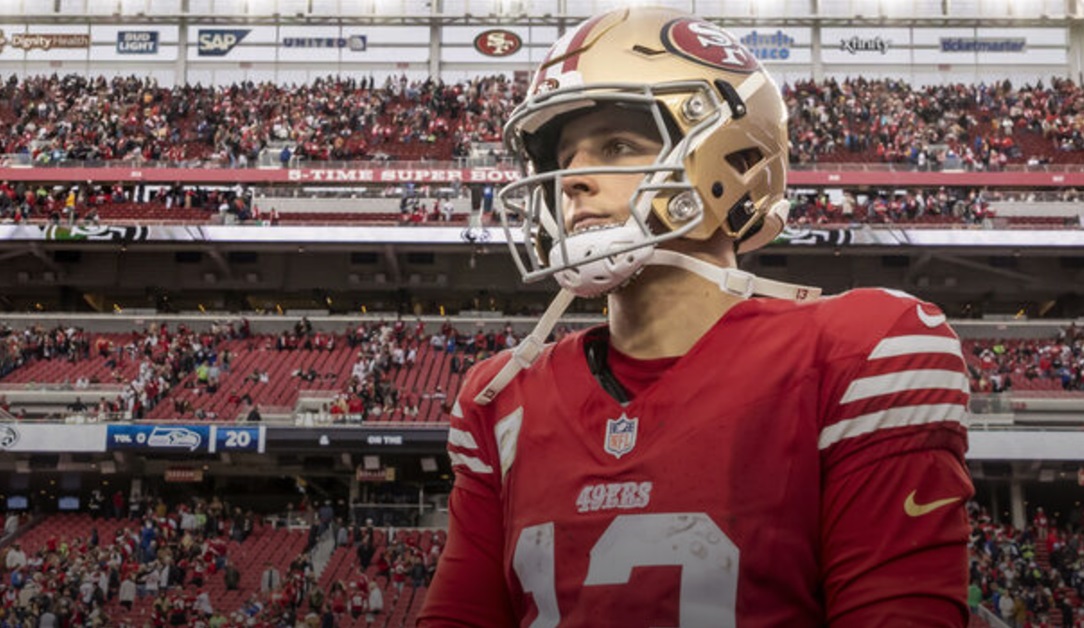
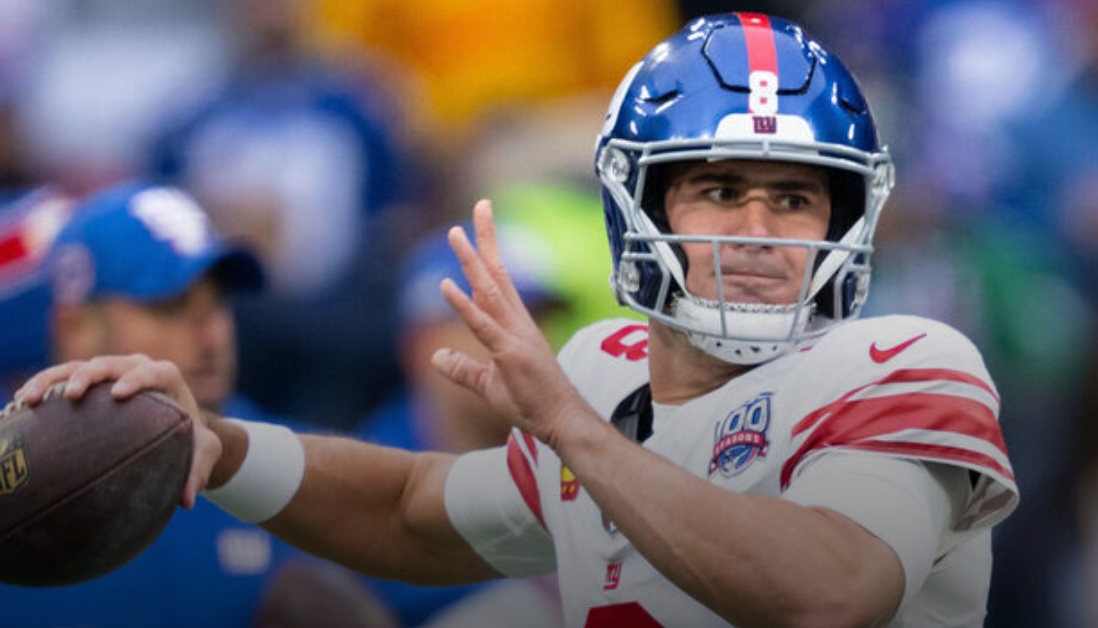
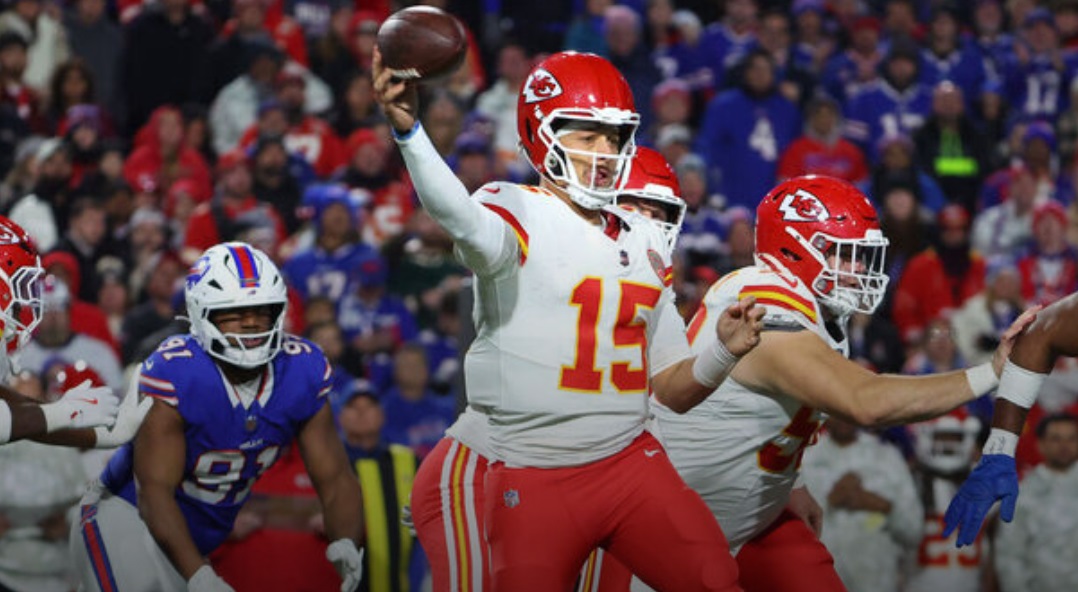

:quality(85):upscale()/2024/11/13/790/n/1922564/c0ad2b806734e8c87b1ee9.61099793_.jpg)

:quality(85):upscale()/2024/11/15/946/n/1922564/27581e706737c03acbcbf7.30261735_.png)
